BACK TO RESEARCH WITH IMPACT: FNR HIGHLIGHTS
The rapid developments in Artificial intelligence have radically changed our perceptions and attitudes toward the role of technology in society – and have found their way into our classrooms. This paradigm shift exemplifies the immense potential and the diverse opportunities within generative AI software and Large Language Models (LLMs) such as Chat GPT.
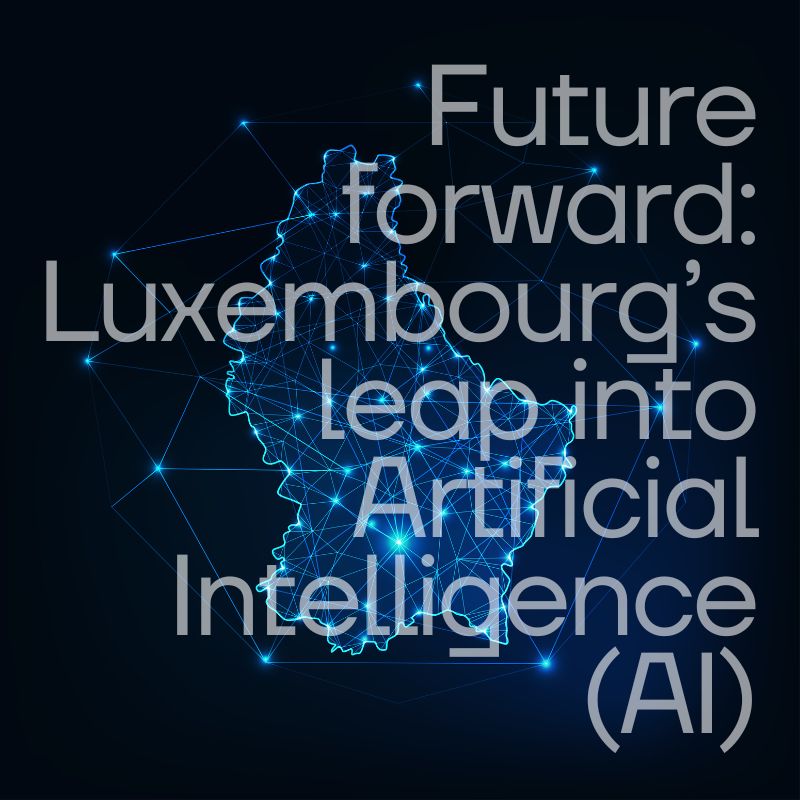
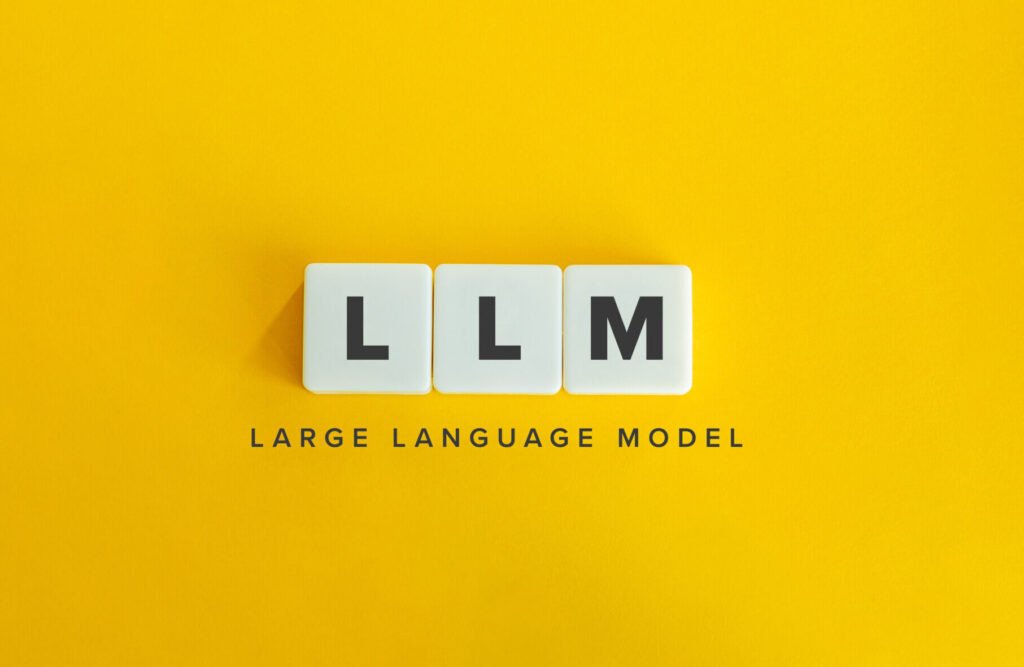
“LLM’s ability to generate large amounts of text and information will revolutionize students’ and teachers’ approach to teaching and learning.”
This development has moved to the forefront of the discussion on the future of AI in education, and raises many interesting questions: How do we utilize LLMs to positively impact education? How do we best instruct students and teachers in using LLMs? Is relying on LLMs to complete an assignment, homework, or exam ethically questionable?
Empowering students and teachers through workshops
Dr Sana Nouzri is a post-doctoral researcher at the AI RoboLab at the University of Luxembourg. She completed her PhD in computer sciences and built her research interest in AI and machine learning.
Together with her colleague, Dr Jihad Zahir, she organizes workshops to teach students and teachers effective strategies to navigate ChatGPT in the most productive, efficient, and ethical manner. During the workshops, Sana provides concrete instructions on generating content and encourages students to use real-life examples to test the capabilities of ChatGPT.
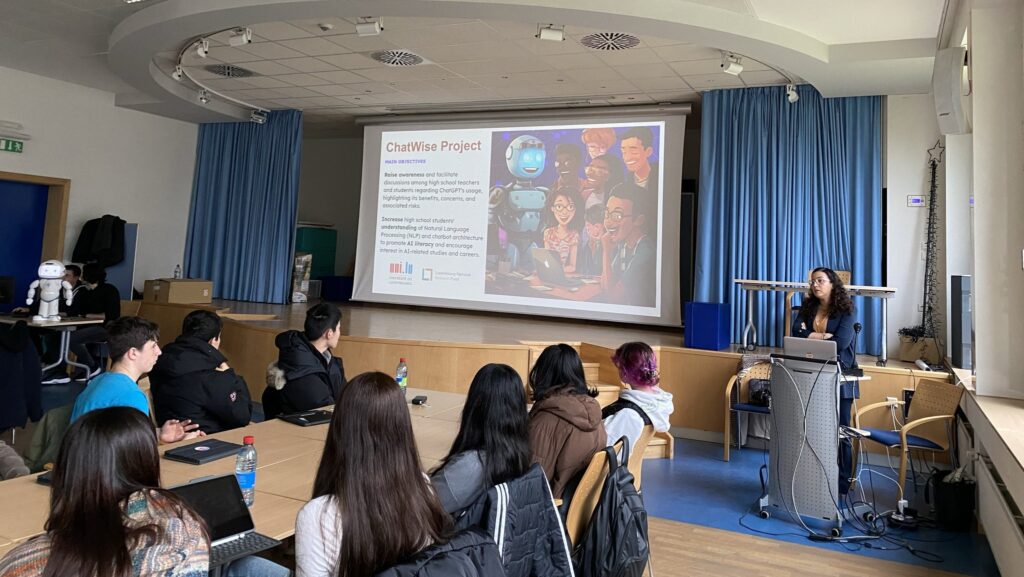
“ Chat GPT is revolutionary in the way that it allows users to summarize, converse, ask questions, and generate new content. It has many capabilities and possibilities. ”Dr Sana Nouzri Post-doctoral researcher at the AI RoboLab at the University of Luxembourg & coordinator of a PSP Classic project
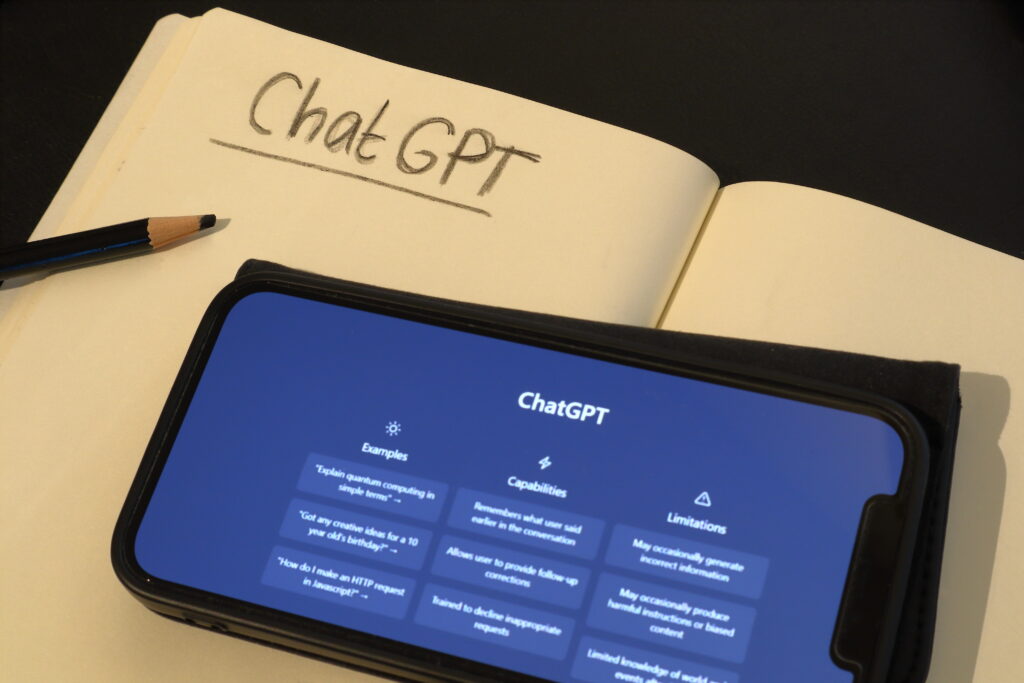
Beyond the practical nature of the workshop, Sana also explains the basic foundations of Chat GPT without going too much into technical details. Two features are most important in this context: (1) Natural language processing (NLP) and (2) Machine Learning.
NLP – Natural Language Processing
NLP allows machines to mimic human communication, process information, and generate languages. Consider the complexity of human languages, including grammar, punctuation, syntax, and more complex constructs such as ambiguity, humor, or sarcasm. NLP combines understanding and interpreting human language and uses computational algorithms to create linguistic expressions.
Machine learning
Machine learning enhances the power of LLMs such as ChatGPT using algorithms and statistical models that train on massive amounts of data. This process allows AI-enabled software to simulate human-like understanding through neural networks, which mimic the functioning of neurons in the human brain. ChatGPT can interpret patterns in users’ interactions and significantly improve its processing and language outputs with each iteration.
Prompt engineering – Learning the art of communicating with ChatGPT
“Prompt engineering is an essential skill that students and teachers need to develop. The better you communicate your thought process to ChatGPT, the better the results will be.”
Another essential goal of Sana’s educational mission is to instruct students and teachers on the importance of prompt engineering. Prompt engineering is the practice of writing a structured and comprehensive text, which can be used to interact with ChatGPT and provide it with specific instructions. Sana encourages her workshop participants to not simply “copy and paste” into ChatGPT but to use intelligent prompt engineering.
Specifically, participants are instructed on clearly defining goals and objectives, fine-tuning instructions, and developing better skills at navigating Chat GPT. Students and teachers learn about the value of ChatGPT in creating a personalized system or assistant that can effortlessly adapt to everyone’s writing style, needs, and priorities.

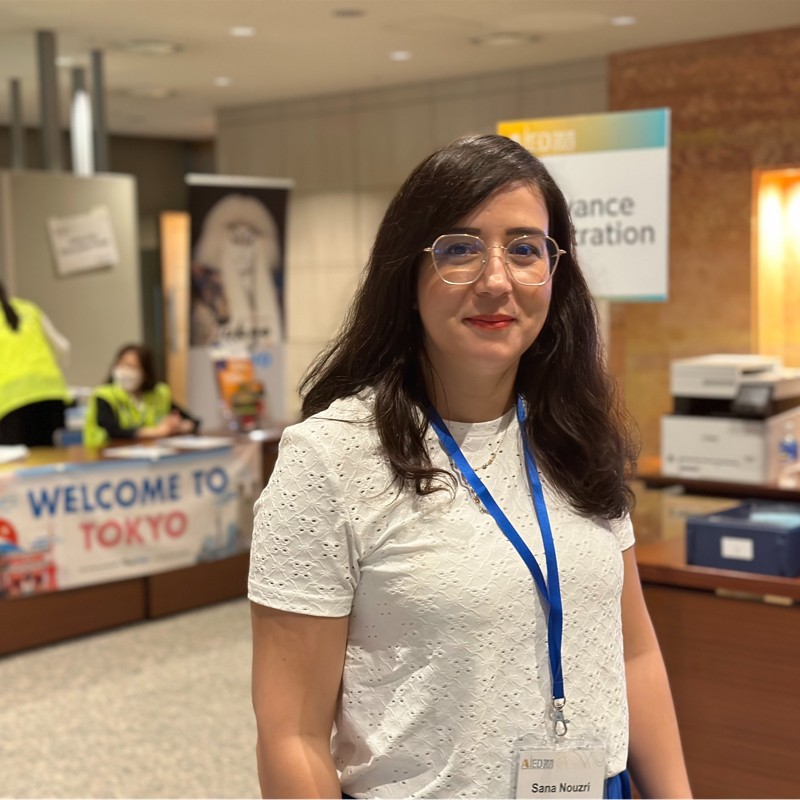
Education and AI – A promising future
“The teachers are facing the reality of ChatGPT already being in the classroom. Now, the goal is to teach them how to leverage and manage this new technology in the classroom effectively.”
While concerns about students using ChatGPT as a shortcut to complete their work should be taken seriously, Sana emphasizes that the overall outlook on the impact of generative AI on education is positive. She argues that, over time, LLMs will become even more adaptive, interactive, and sophisticated.
Based on her experience and knowledge of generative AI software, Sana predicts several benefits and opportunities in future research and development:
- Intelligent implementation of LLMs in teaching curricula could help students better prepare for future AI-related job opportunities.
- The continuous advancement in LLMs and generative AI allows access to quality education to be democratized. Children and students from less privileged backgrounds will have easier and more affordable access to personalized education that might otherwise not be possible.
- More advanced AI software can enhance teaching material, provide tailored content suited to individual students’ needs, and improve overall teaching quality.
This article refers to the PSP-Classic project led by Sana Nouzri (University of Luxembourg), titled “CHATWISE – “ChatGPT: as a High School Academic Tool for Writing, Innovation, Skills, and Education”.
Abstract: “The ChatGPT as an educational tool project discusses the rise of Natural Language Processing (NLP) and its application in the development of chatbots, specifically ChatGPT. While ChatGPT has been praised for its ability to generate detailed and articulate responses, we note that there are concerns about its potential misuse in academic settings. To address these concerns, we argue for responsible and ethical use of ChatGPT and propose a project that aims to increase AI literacy and teach students how to use ChatGPT effectively as an educational tool.
The project also aims to demystify the concepts of NLP and promote coding best practices, and compelling stories and narratives with the help of ChatGPT, while also raising discussions about the use, benefits, and concerns of ChatGPT in high schools. The goal is to provide students with the knowledge and skills necessary to use ChatGPT in a responsible and effective way.
Finally, the project aims to showcase the ChatGPT-powered human-like robot, giving attendees an opportunity to interact with the technology and witness its potential to revolutionize communication. Overall, the project emphasizes the need for responsible use of ChatGPT and highlights the potential benefits of integrating AI technology like ChatGPT into educational settings.”
Written by John Petit
John Petit is a communication consultant, holding a PhD in the field. His expertise lies in exploring the intersection of technology and society, with a particular focus on Artificial Intelligence (AI) and its impact on our daily lives and broader societal norms. John combines his academic knowledge with practical experience to engage in and facilitate meaningful discussions about the role AI will play in shaping our future.
Related highlights
Navigating Artificial Intelligence: Expert Discussion on Innovation, Challenges, and Europe’s Regulatory Landscape
The emergence of Artificial Intelligence has impacted our daily lives in many aspects. As the technology continues to evolve, our…
Read more
Fortifying online defenses: SVALINN’s innovative approach to combatting AI cyber threats
The emergence of Artificial Intelligence has given rise to many new applications and software programs, allowing online users to complete…
Read more
Artificial Intelligence and the future of finance
The financial world can be daunting and complicated with its vast array ofmonetary concepts and policies. Many banks, organisations, and…
Read more
PLAITO – Improving the ethical capabilities of software with Artificial Intelligence
Artificial intelligence has dramatically transformed our understanding of technology and influenced our interaction with online content and software applications. Whether…
Read more